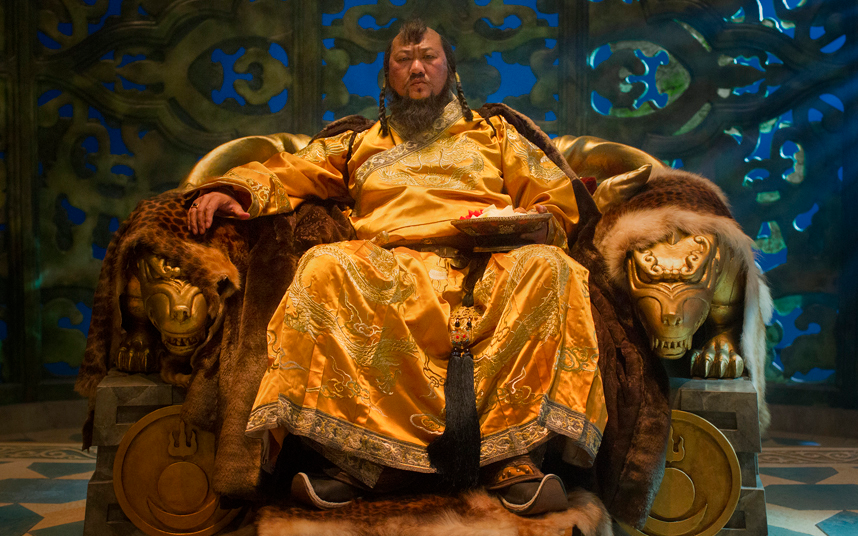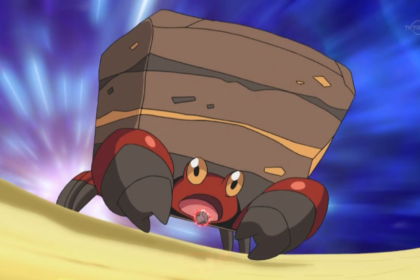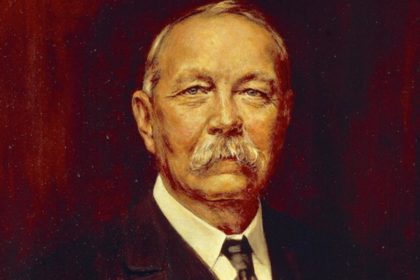Kublai Khan was the fifth Khagan of the Mongol Empire, reigning from 1260 to 1294. He founded the Yuan dynasty in China as a conquest dynasty in 1271, and ruled as the first Yuan emperor until his death in 1294. Take a look below for 30 more fascinating and interesting facts about Kublai Khan.
1. Kublai was the fourth son of Tolui and a grandson of Genghis Khan.
2. He succeeded his older brother Mongke as Khagan in 1260, but had to defeat his younger brother Ariq Boke in the Toluid Civil War lasting until 1264.
3. Kublai’s real power was limited to China and Mongolia, though as Khagan, he still had influence in the Ilkhanate and, to a significantly lesser degree, in the Golden Horde.
4. If one counts the Mongol Empire at that time as a whole, his realm reached from the Pacific Ocean to the Black Sea, from Siberia to what is now Afghanistan.
5. In 1271, Kublai established the Yuan dynasty, which ruled over present-day Mongolia, China, Korea, and some adjacent areas, and assumed the role of Emperor of China.
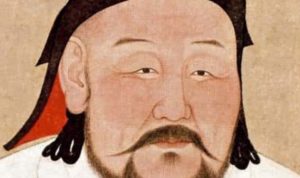
6. By 1279, the Mongol conquest of the Song dynasty was completed and Kublai became the first non-Han emperor to conquer all of China.
7. The imperial portrait of Kublai was part of an album of the portraits of Yuan emperors and empresses, now in the collection of the National Palace Museum in Taipei.
8. White, the color of the royal costume of Kublai, was the imperial color of the Yuan Dynasty.
9. He was born on September 23, 1215.
10. At the behest of Genghis Khan, Kublai’s mother chose a Buddhist Tangut woman as her son’s nurse.
11. During his early years, he was strongly attracted to contemporary Chinese culture and invited Haiyun, the leading Buddhist monk in North China to Mongolia to teach him the philosophy of Buddhism.
12. After the Mongol-Jin War in 1236, Kublai received an estate of his own, which included 10,000 households.
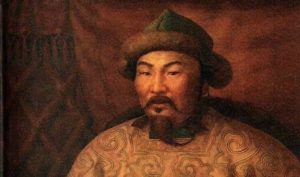
13. Because of his inexperience, he let the local officials have their way with his estate, which resulted in widespread corruption. He immediately implements reforms to set the affairs of the state right.
14. His elder brother, Mongke, became the Great Khan of the Mongol Empire in 1251, and Kublai was given control over Chinese territories in the eastern part of the empire.
15. He organized a group of Chinese advisers to introduce reforms in his territories.
16. He was entrusted with the responsibility of unifying China under the Mongol Empire.
17. Mongke put him in command of the Eastern Army in 1258 and asked him to assist with an attack on Sichuan. However, Mongke was killed while leading an expedition into Western China in 1259 and Kublai was elected as Mongke’s successor in 1260.
18. his younger brother, Ariq Boke, raised troops to fight Kublai for the throne and the warfare between the brothers resulted in the destruction of the Mongolian capital at Karakorum.
19. A bitter war continued between the brothers for years before Ariq Boke finally surrendered to Kublai in 1264.
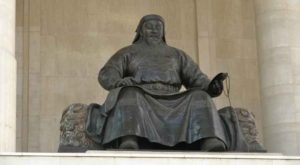
20. Under Kublai Khan’s administration, the government was re-organized and a new capital city was constructed at present-day Peking, China, in 1267.
21. He was particularly famous for his acceptance of all religions.
22. He promoted science, art, and trade, leading to the economic, scientific and cultural development of his empire.
23. He focused on building effective infrastructural facilities and transportation systems, thus earning the goodwill and respect of his people.
24. His first marriage was to Tegulen, but she died very early.
25. His second marriage was to Chabi Khatun of the Khunggirat, who went on to become his most favorite empress.
26. Chabi died in 1281 and Kublai married Chabi’s younger cousin, Nambui.
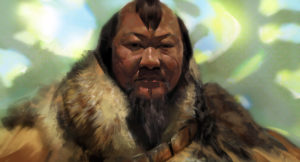
27. He had several children with Nambui, including Dorji, who was made the director of the Secretariat and head of the Bureau of Military Affairs in 1263.
28. His later years were difficult, marked by the deaths of his beloved wife and son.
29. Seeking comfort, he turned to food and alcohol and indulged in excess. He became obese and was plagued by many diseases, including gout and diabetes.
30. He went into depression when no physician could heal his maladies and finally died on February 18, 1294, at the age of 78.

